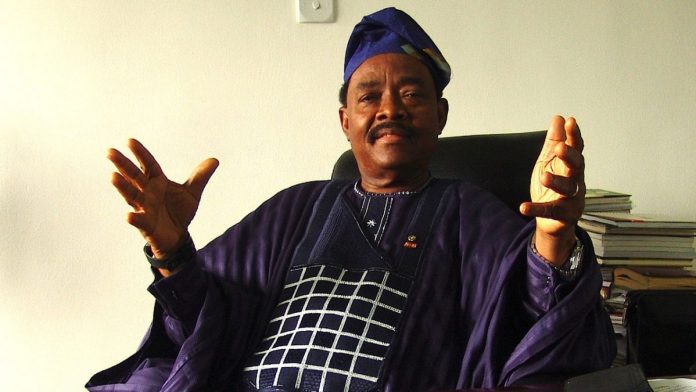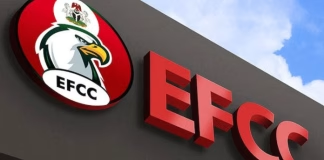For dollar to naira to be stabilised, the Federal Government (FG) has to unify the foreign exchange (forex) market, says, the President of the Lagos Chamber of Commerce and Industry (LCCI), Asiwaju Michael Olawale-Cole.
In his address at the chamber’s quarterly economic outlook press conference, where the LCCI boss spoke about the worsening situation of dollar to naira in the country, he noted that a unification of the forex market, which he noted was earlier echoed by World Bank Group President, David Malpass, will solve the currency issue.
“The naira has recorded unprecedented volatility in the first quarter of 2022 with a widening premium between the official rate (at N415/USD) and the BDC/parallel market rate (of N615/USD). The chamber’s position is that monetary authorities need to liberalize the FX market by unifying the multiple FX rates and ensuring FX rates are market-driven.
“This is critical in the process of enhancing stability, liquidity, and transparency in the FX market. The unification is expected to improve our currency management framework given that the multiple exchange rate systems have continued to create uncertainties and sources of arbitrage,” he stated.
Speaking further, Olawale-Cole explained that the combined forces of rising inflation, weakening growth, worsening disruption to supply chains due to the war in Ukraine, and the fragile recovery from the Covid-19 lockdown, had all heightened the concerns about stagflation, worsened poverty, and recession.
According to him, in spite of the 3.11% Gross Domestic Product (GDP) growth announced by the National Bureau of Statistics (NBS) in the first quarter of 2022, the economy is still facing a wide range of issues that have exacerbated Nigerians’ standard of living.
“Nigeria’s trade balance stood at a surplus of N1.2tn in the first quarter of 2022. To sustain this trade surplus, we need more investment in export infrastructure, enhanced and automated port operations, tackling high production costs, and boosting the supply-side of the forex market to improve liquidity and ease access to forex.
“We need to also diversify our exports by boosting our local refining capacity, production of petrochemical products, and accelerating reforms in the Oil & Gas sector to attract more foreign investments in the coming months,” he noted.














